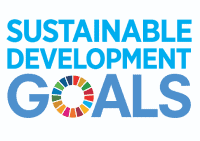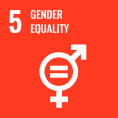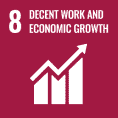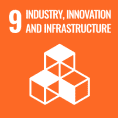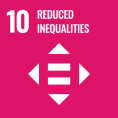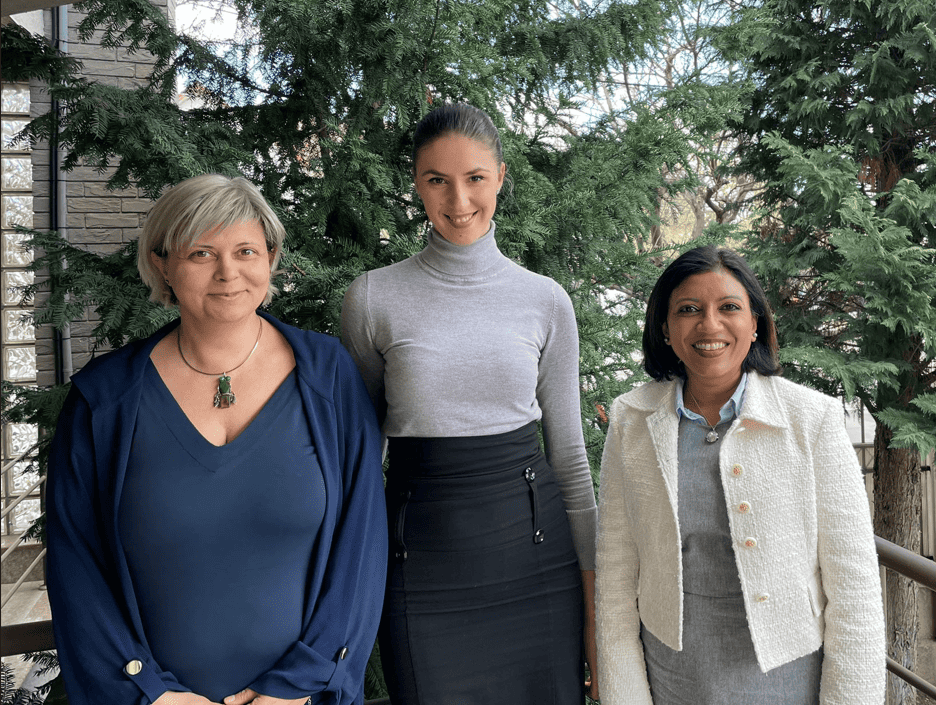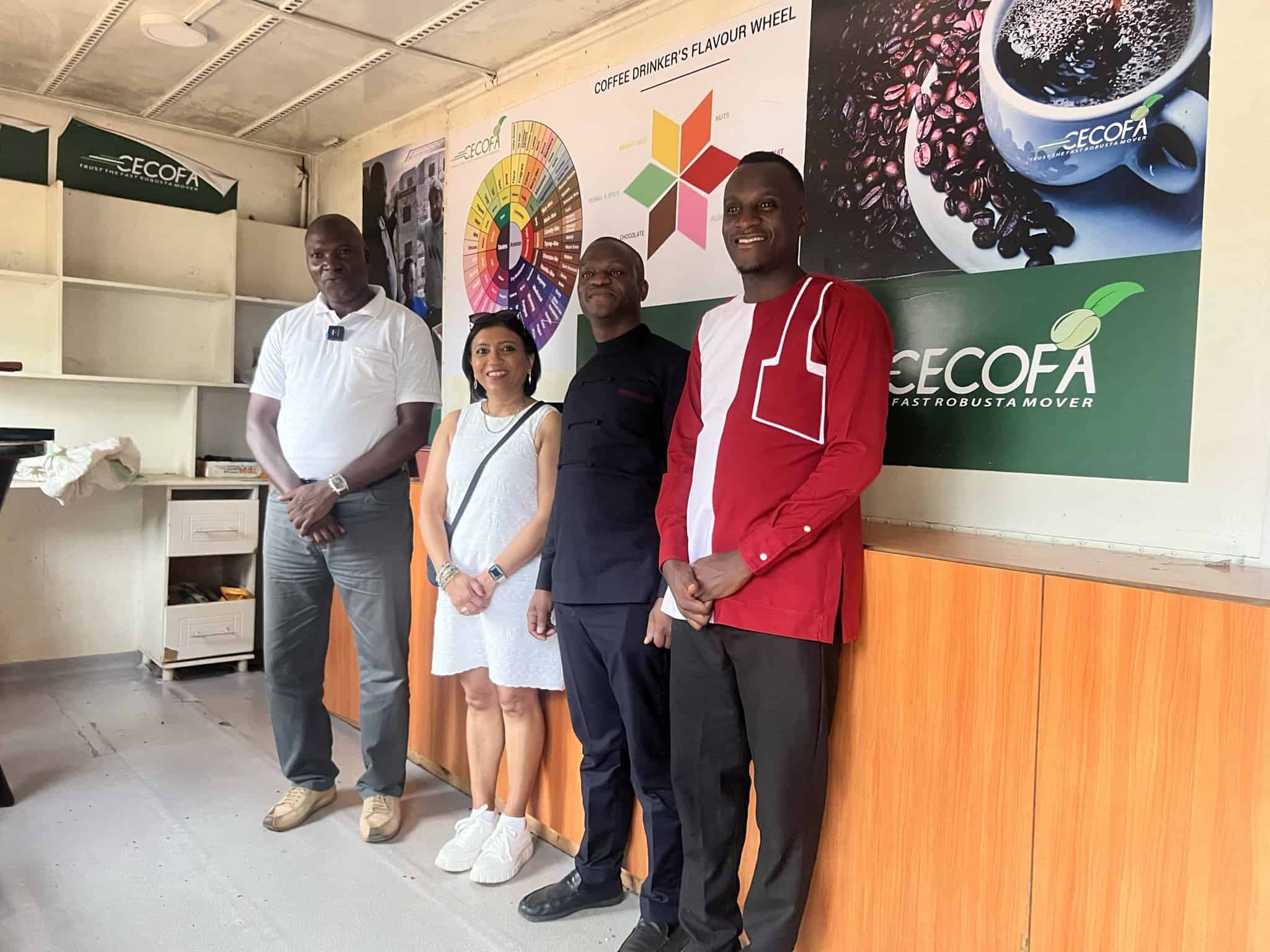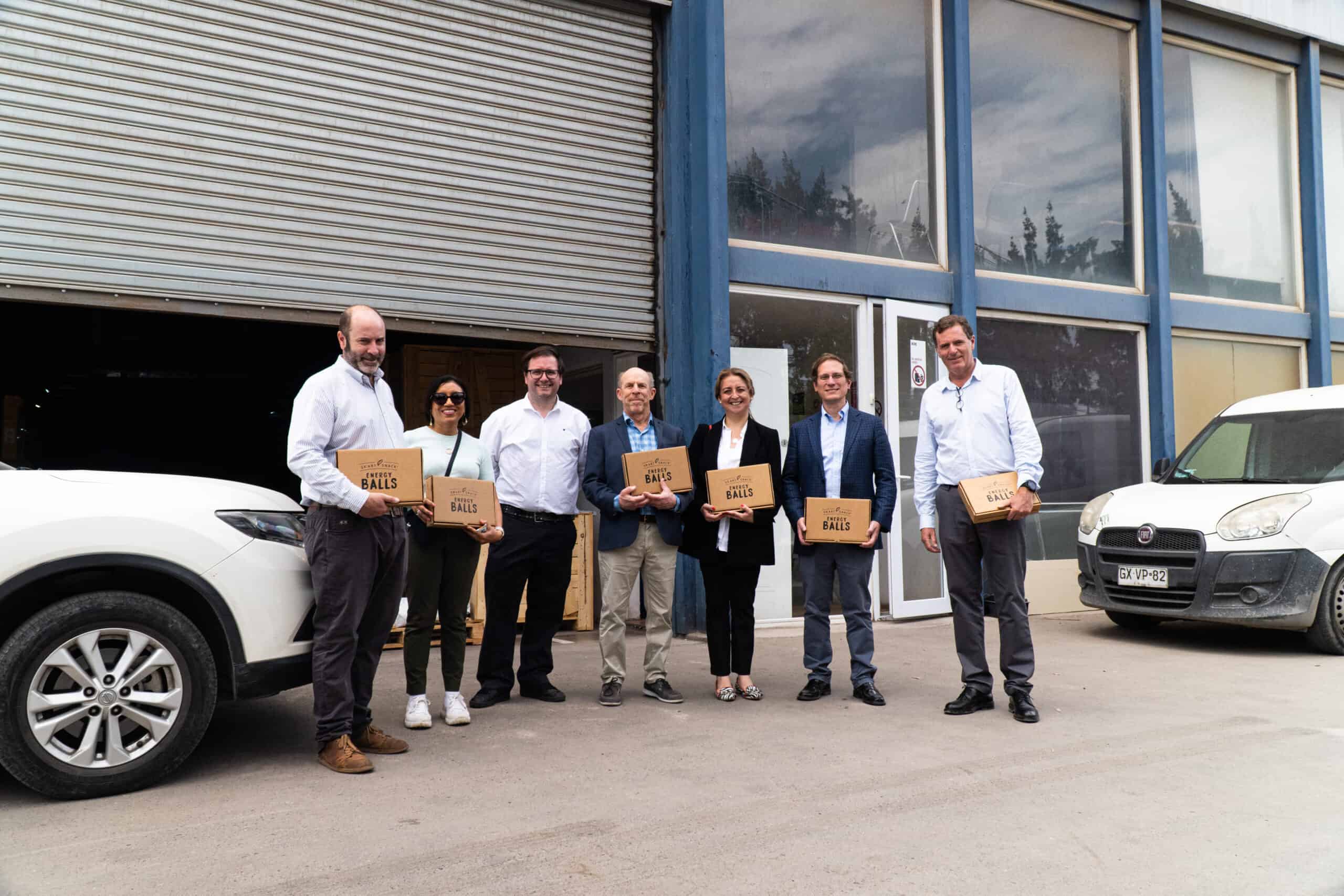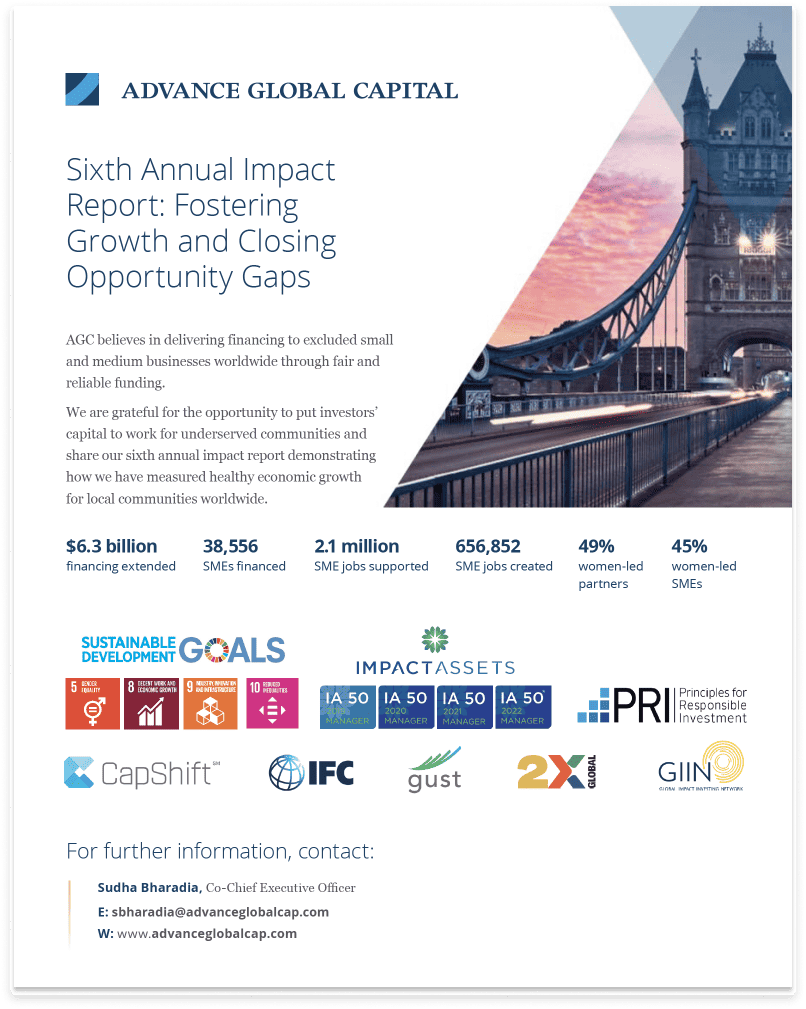Gender Smart Fuel for Small Businesses in Central Europe
‘No work, no cake’ goes the old Polish saying. Poland has long been known as a nation of hard-working entrepreneurs. Since it transitioned to a market economy in the 1990s, it has enjoyed what many have called a golden age of growth. During the 2008 global financial crisis, Poland was the only EU country to avoid recession. In 2020, Poland’s economy contracted by 3.5%, significantly less than the OECD average of 5.5%. While unemployment rates have soared across Europe, the official Polish figures have hardly budged, and are the lowest in the EU according to the latest Eurostat figures.1
Factors that drove growth in the past, such as labor cost advantages and strong traditional industries, are now losing momentum. One promising source of growth is closing the gender gap in the workplace. McKinsey estimates that closing the gender gap in Central and Eastern Europe could unlock as much as $164 billion in annual GDP by 2030 and help get the region squarely back on a path to dynamic growth.2 According to the Mastercard Index of Women Entrepreneurs in 2020, Polish women were ranked the most entrepreneurial in the EU (and 5th in the world).3 With one of the highest SME bank loan rejection rates of 20%,4 and where small and medium businesses contribute 67% of employment and 51% of value added,5 alternative sources of funding for underserved small businesses are crucial to maintaining positive momentum.
AGC is helping to keep things moving forward — delivering inclusive financing and positive impact across multiple stakeholders in Poland to help drive smart, economic growth during difficult times. Our financing partner is a women-led, tech-driven company that provides personal attention and affordable short-term funding to small businesses. Although their challenges differ, convenient access to working capital from a trusted local partner has benefited all the companies we have profiled — from Adrian’s transportation company to VOne, an eco-friendly chemical producer, and Smabbler, an IT start-up helping global manufacturers make sense of text data — reliable access to working capital has helped them to move forward.
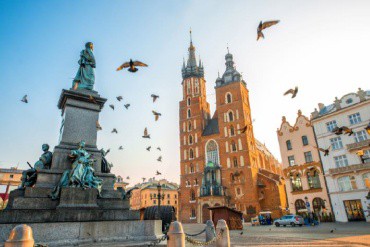
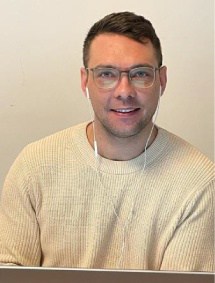
Moving goods
While working as a team leader for Coca-Cola, Adrian dreamt of starting his own company. Two years ago, he took the first step and bought a van to transport goods and learn the business from the bottom up. Today, the company has 10 vehicles and 10 full-time employees. His clients are other small businesses,such as a company making custom doors that might need glue or other metal parts to ship products to their customers. Adrian explains, “It’s a very competitive business with thin margins. As my reputation for good service grows, I’ve been working on sourcing more of my customers myself rather than through the expedition portals where customers bid on transportation jobs. The last couple of years have been challenging. A few months after I started my company in 2020, the economy went into lockdown due to COVID-19. At first, I was just sitting at home wondering what was going to happen next. It was a tough time for me. After about two months, things started to open up and I focused on growing my business. One of the good things at that time was the fact that gas/petrol prices were low. With tight margins, this really helped my bottom line. It’s much harder nowadays with gas prices rising. I can say that now it’s the worst moment in my company since launching two years ago.”
“Cashflow is really tight.” Adrian explains, “I earn 40-45 cents per kilometer. I’m working on increasing my margins by finding my own clients so I can optimize my routes and save on gas. I estimate I’ll be able to keep an extra 10 cents per kilometer. So, for 10,000 km in driving, that will mean an extra 1,000 Euros – a monthly salary for one of my team.” Adrian’s payment terms are between 30 and 60 days, but the total time he must wait is more like 40 to 70 days. “By the time I issue the invoice and it’s been accepted, it adds another week where I’m essentially financing the goods I’ve sold to my customer. Factoring has been a game changer for me. I sell 100% of my invoices because the fees are not so big and it’s worth it — I can earn more if I have the money right away.”
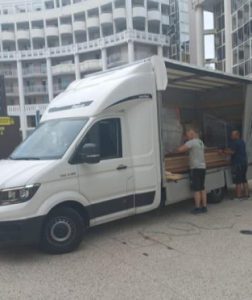

Cleaning up
Another one of AGC’s partner’s clients is VOne, a specialty chemical company, named after the critical airplane engine speed by which any decision to reject a takeoff must be made. AGC’s partner has been helping Mateusz’s company achieve critical speed with quick, reliable access to working capital. Mateusz received a scholarship to study chemistry in Belgium and later worked for a Belgian company where he learned how to source quality inputs and manufacture eco-friendly products.
Eight years ago, Mateusz launched a specialty car cleaning product line with his friend Monsour, who owns a car washing company in the United Arab Emirates. Marketed under the VOne brand, the products clean his clients’ luxury cars with eco-friendly products that work. In Poland, he has multiple product lines. One of them is an environmentally friendly concrete cleaning agent. “We’re seeing strong demand for these types of products that are better for nature.” Mateusz provides not only the products, but also training to help his customers safely use the products. “I make sure every user has safety glasses and gloves. A couple of years ago, people were cleaning concrete with water and dangerous chemicals that ran down the street. The culture in Poland has changed a lot. People want to use products that are good for nature.”
Mateusz is on the road most of the time. He has production sites and stores in small towns in southern Poland near the Czech and Slovak borders. “In my work, I’m spending a lot of time in the car because I have meetings with clients in different parts of Poland. AGC’s partner has an easy interface. I can upload my invoices on the road and the money comes to me very fast, so I can have the power to pay staff when I need to, instead of waiting 30 days or more to get paid.”
Mateusz has five full-time staff and also supervises dozens of workers in the production sites. “My team is very close to my heart. Work is not only work. They are friends for me.”
Mateusz notes, “In terms of my business overall, COVID-19 was good for us. Our margins suffered due to dramatic increases in container costs but during COVID-19, everyone needed chemicals for cleaning.”
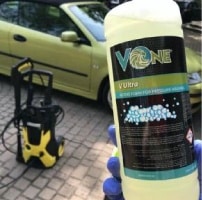
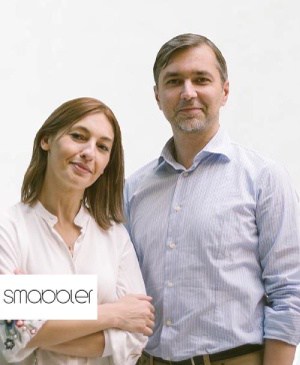
Making machines understand humans
Aga and Luke, Smabbler’s founders, attended the same high school. They reconnected after a few years and decided to start a company that could do a better job of interpreting text data to make it instantly usable. Having done a lot of research, they decided the best opportunity was to focus on text because the existing technology (neural networks) was not doing a great job of interpreting this non-statistical data type. They worked in ‘stealth mode’ for a while and, after graduating from MIT EF acceleration program, launched Smabbler at the beginning of 2019. Luke does “all the boring stuff no one else likes to do” while Aga focuses on the technology side of the business. She is the author of the algorithm and the largest shareholder.
Smabbler works like an intelligent language interpreter on top of data. It takes customers’ text repositories such as emails and puts them into a structured format that can be understood by different business applications. Currently available in English, French, Chinese and Polish, they are also now rolling out to 20+ languages. Smabbler’s key customer is a global manufacturing company in France. Luke explains, “Right now we’re rolling out our product across the whole organization to be able to take in millions of different documents and text assets and format them so that they can be used by their front-end applications. Smabbler allows our customers to be proactive rather than reactive because they can quickly understand developments and trends in the business. One way I describe Smabbler is that it’s kind of like a chip you put in your brain to allow you to understand the 80% of the data you couldn’t see before.”
Born in the middle of COVID-19, Smabbler is optimistic about the future and focused on smart growth. “I can’t really comment on what it was like to operate our company before COVID-19, because we basically started our company in the middle of it. Some trends have been beneficial for us. As businesses started to focus more on automation and digitization to address broken links in global supply chains, they have been more interested in investing in the ability to quickly interpret data. If a company’s knowledge is centralized or written down in documents that are archived, it doesn’t help a company react quickly.”
The ability to access working capital through AGC’s partner and access funding immediately has been a game changer for Smabbler. Now with 10 employees, and after landing a contract with a French client, they still have to wait 40 to 60 days to get paid. “Now we have better terms as a preferred vendor, but still have to wait a month to receive payment. It’s a matter of risk management to not go bust. We’ve done the work and delivered our product but must wait to get paid. Now we can smooth out our cashflow and focus on developing technology because we know we can sell some invoices to pay our staff if we need to.”
Thanks to AGC, alternative sources of funding are becoming more and more accessible to small, women-led businesses across Poland — and the world. By working to support and sustain these ventures, and take advantage of the opportunity to close the gender gap, things are changing for the better. Access to working capital via trusted partners enables change on a local level and maintains the positive momentum necessary for lasting economic growth.
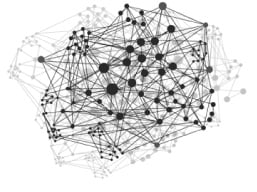
1 Why is Poland’s economy emerging so strongly from the pandemic? A comparison with the UK. By Notes from Poland. April 27, 2021. https://notesfrompoland.com/2021/04/27/why-is-polands-economy-emerging-so-strongly-from-the-pandemic-a-comparison-with-the-uk/
2 Central Europe’s Great Gender Opportunity by McKinsey & Company. November 3, 2021. https://www.mckinsey.com/featured-insights/europe/central-europes-great-gender-opportunity?cid=other-eml-alt-mip-mck&hdpid=45ad12e0-7ef9-4e32-adbe-427f7f0d7bde&hctky=1239655&hlkid=978cd8cd38a94606a57d0e4eef0da4d3
3 Mastercard Index of Women Entrepreneurs by Mastercard Newsroom. 2020. https://www.mastercard.com/news/research-reports/2020/mastercard-index-of-women-entrepreneurs-2020/
4 Rejection of bank loans to SMEs in 36 different countries in Europe 2016-2020 by Statistica. September 2, 2021. https://www.statista.com/statistics/1237966/sme-bank-loan-rejections-in-europe-by-country/
5 OECD SME and Entrepreneurship Outlook 2021 by OECD.org. 2021. https://www.oecd.org/industry/smes/SME-Outlook-2021-Country-profiles.pdf
Alignment to Global Sustainability Standards
We are closely aligned with United Nations Sustainability Goals 5, 8, 9 and 10
